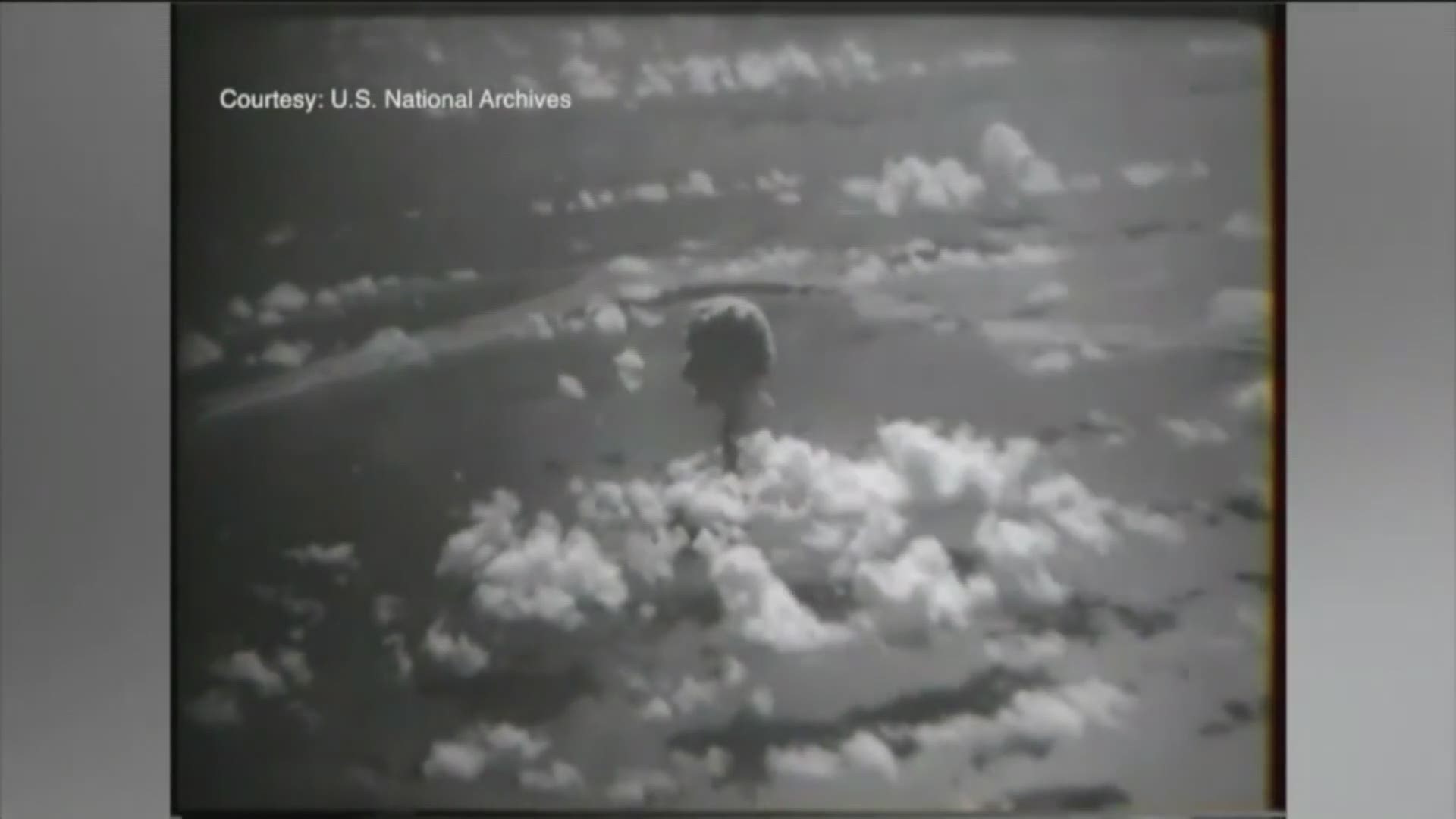FAYETTEVILLE, Ark. — With the help of several organizations and doctors in Northwest Arkansas, a COVID-19 task force has been created to help the Marshallese community receive health and coronavirus funding from the government.
The task force has reached out to Governor Hutchinson as well as several lawmakers to receive the much-needed funding.
Since 1996, citizens of the Freely Associated States (FAS), including the Republic of the Marshall Islands, have been ineligible for Medicaid under federal law.
"Our population is not eligible for federal Medicaid based solely on their citizenship status," said Dr. Sheldon Riklon, a researcher at the Northwest Campus of the University of Arkansas for Medical Sciences.
That leaves many low-income Marshallese adults without access to health insurance in our state. The ongoing pandemic has brought light to the disparities in health access that already existed for the Marshallese community, that’s why the COVID-19 task force was created.
“This was actually a mistake that was made in federal policy almost 25 years and we are trying to make sure they fix that and there’s no better time to talk about ways we can fix health disparities than during a pandemic when everyone’s health ensures that the whole community is healthy,” said Laura Kellams of Arkansas Advocates for Children and Families.
Dr. Riklon says right now many Marshallese residents must pay for testing out of their own pockets.
“It ranges from $20 to $50 to even as high as $150,” he said.
Dr. Riklon says as of Monday he knows of 15 confirmed COVID-19 cases among the islanders' estimated population of 14,000 in Northwest Arkansas and areas close by.
The Marshallese population, in general, has two risks, particularly to the disease. They are a community-oriented group and large gatherings are a common theme.
“When somebody is going to be admitted to the hospital the whole group goes and visits the individual that’s sick in the hospital. We like to gather for church services,” Dr. Riklon said.
The second is they have a high inclination of underlying conditions.
“The Marshallese population has high rates of diabetes. Not just back in the islands but here in the states. Up to 40% of the population has type 2 diabetes,” Dr. Riklon said.

